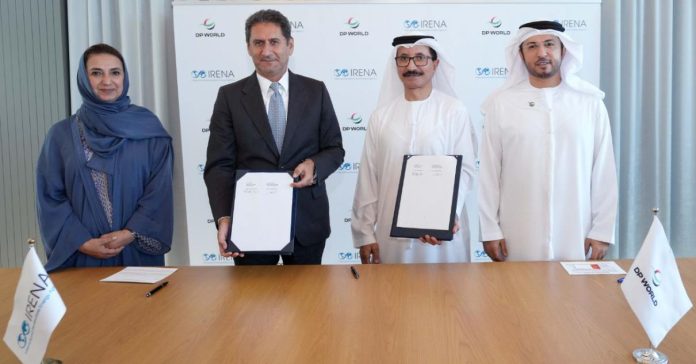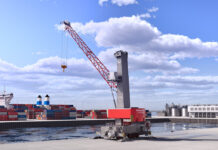
The International Renewable Energy Agency (IRENA) has signed a collaboration agreement with DP World, a worldwide supply chain solution provider.
The two parties will work together to decarbonise the shipping and port sectors, align present infrastructure, logistics, and operations with the demands of the energy transition, and increase the use of renewable fuels and electrification.
The agreement was signed at the DP World headquarters in Dubai, UAE by IRENA Director-General Francesco La Camera and DP World Group Chairman and Chief Executive Officer Sultan Ahmed bin Sulayem, only days before the United Nations (UN) Climate Conference COP28.
“To align with the goals of the Paris Agreement and meet the demands of a transforming energy landscape, we must overcome existing infrastructure barriers, including in shipping and ports. By partnering with DP World, we aim to transform these sectors, making them more conducive to the global energy transition, where renewables-based fuels will play an increasingly prominent role,” stated Francesco La Camera, General Director of IRENA.
According to the director, carbon emissions from the company’s UAE operations have been reduced by nearly 50% this year, with Jebel Ali port’s electricity currently sourced entirely from renewable sources provided by the local utility provider.
“IRENA’s work towards the tripling of renewable energy capacity by 2030 means it will be an important partner for us as we continue on DP World’s own decarbonisation journey – both in the region and around the world,” stated Ahmed bin Sulayem, group chairman and CEO of DP World.
According to IRENA’s World Energy Transitions Outlook, infrastructure upgrades need to accommodate the global trade of renewable fuels between low-cost supply and high-demand regions, proactively linking countries to promote the diversification and resilience of energy systems. The shipping sector itself must also rely on a diverse mix of low-carbon fuels to stay in line with the 1.5°C target, with ammonia, methanol, and hydrogen making up nearly 61% of the fuel mix by 2050.




